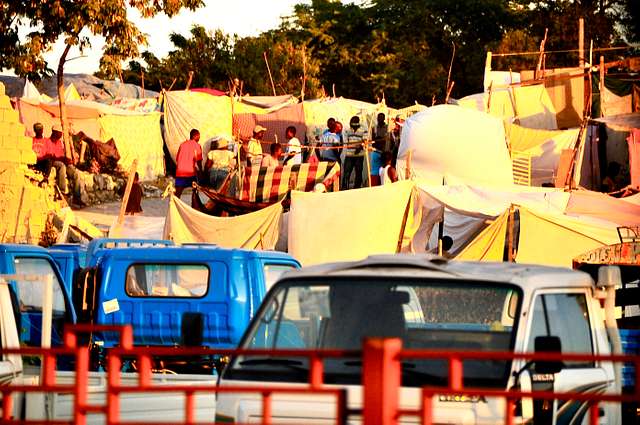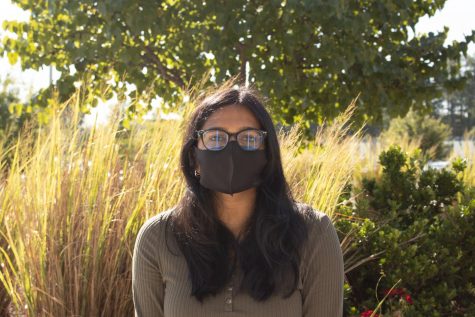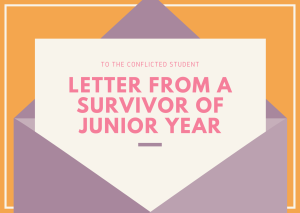Rising Violence in Haiti Forces Many Haitians Out of Their Homes
Petty Officer 3rd Class Brandon Blackwell
The situation in Haiti right now is similar to the displacement of Haiti People in 2010, with many Haitians living in makeshift tents after being displaced from their homes. Image via Nara & Dvids Public Domain Archive
April 29, 2022
After the assassination of Haiti’s president, Jovenel Moïse, the country of Haiti has found itself in disorder, suffering from rising violence, economic crisis, and natural disasters.
There are many suspicions surrounding the case, but its real motive still has not been uncovered.
Port-au-Prince, the capital city of Haiti has recently found itself under attack. On Thursday, Haiti’s once-quiet capital found itself, victim, to a gang fight, killing at least 20 people, injuring more than a dozen, and forcing many to flee their homes.
“I left everything behind,” said Kerline Brutus, who fled with her three children.
She even had to abandon her 96-year-old, paralyzed father because she couldn’t carry him, saying “I don’t know how he’s doing if he’s still alive.”
Brutus said that to protect their family from rain, they have to huddle under the front steps of a store with an awning, now that they have no permanent shelter.
She voiced the frustration of Haitians over the country’s state saying, “It seems like this country has no authorities. No one came here to see us. We don’t know how long we’re going to be here or how long this is going to last.”
Many police officers and current Prime Minister Ariel Henry have tried to improve security and keep people safe while they face this violence, although Haiti has an understaffed and underfunded police department making this more difficult.
Defenders Plus, a local human rights group, accused political leaders of being incompetent and unable “to ensure one of the basic functions of any State: the security of its territory.”
They also said that authorities needed to “assume their responsibilities in order to guarantee the population’s right to life and security.”
Haiti’s Civil Protection Agency (DPA) said that the fighting began last Sunday, April 24th, in Port-au-Prince. The violence has been blamed on a fight between the Chen Mechan gang and their rival 400 Mawozo gang who have been accused of kidnapping and other violent acts such as burning down houses, and raping women and girls when they can get into a house.
Melissa Vital, who has a 3-year-old daughter, was ordered by gang members for them to leave their homes. She said “This almost cost me my life because they broke into my home and had me lay on the ground. Luckily my boyfriend wasn’t there because they were killing men that they found in houses.”
Vital and her daughter have been struggling this past week after leaving their homes, finding themselves with no shelter and no food.
Thousands of Haitians have been affected by the rise of gang violence and have been displaced from their homes, having to live in crowded and unhygienic government shelters.
Jean Raymond Dorcely, who runs a small grassroots community organization, told the Associated Press that, “they need water, food, supplies. They had to leave with nothing in their hands. I can see kids crying because they’re hungry and families don’t have anything to provide to them. I don’t know what it’s going to be like tomorrow.”







